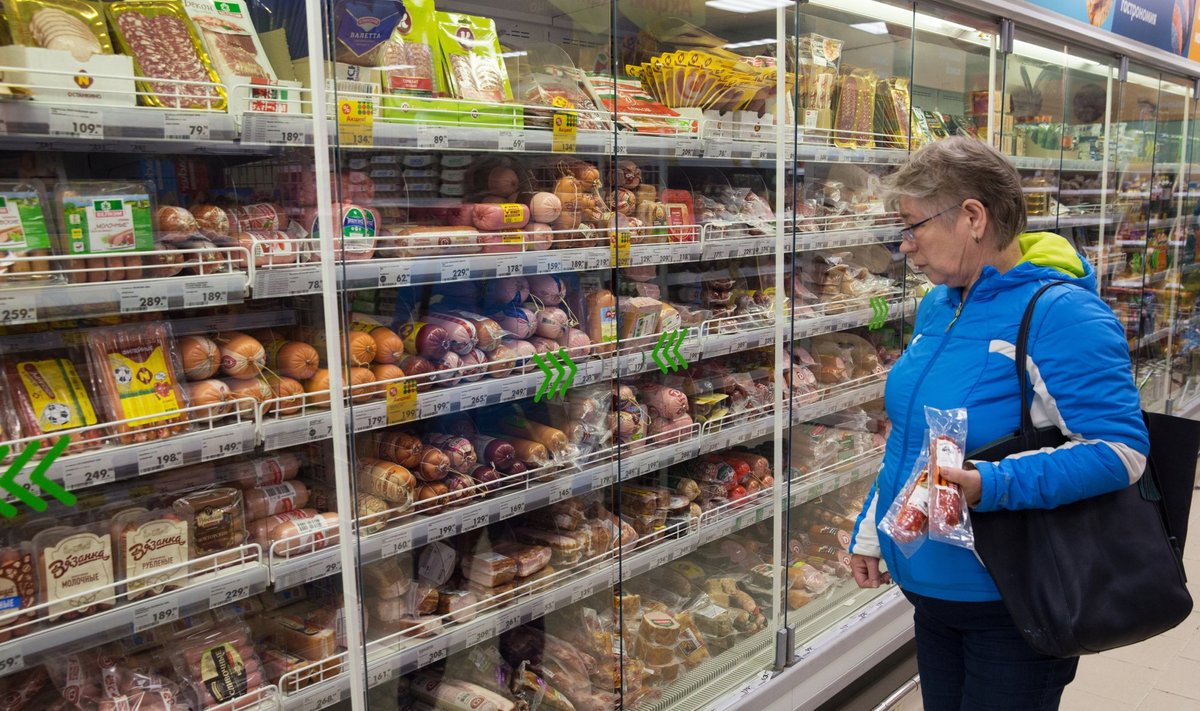The exemptions proposed by Germany, France and the Netherlands could provide a loophole to circumvent sanctions, he said.
"Half an hour ago, Lithuania and Poland suspended the adoption of the package, and that discussion might be moved to the European Council," Landsbergis told reporters at the Seimas on Thursday.
"If a political loophole of this size was made, backed by all EU countries, I think it would be used not only to deal with those specific cases, but also, probably, to circumvent the sanctions," Lithuania's top diplomat said.
Lithuania and Poland suspended the adoption of the ninth package, Landsbergis said, adding that the other Baltic states backed such a position.
"We coordinated, and I always explained my arguments to everybody. This position received direct support in principle from the Baltic countries and Poland," the foreign minister said.
The Financial Times reports that Germany, France and the Netherlands proposed the exemptions to the sanctions, and some other Western European countries also expressing their backing.
Landsbergis says the proposed exemptions weaken the ninth sanction package for Russia, set to be imposed amid Russia's ongoing invasion of Ukraine.
"In our view, the envisioned exceptions in fact very much reduce the significance of the ninth package," he said.
He did not name the countries proposing exceptions: "I don't want to declare that, perhaps, because I have expectations that maybe it is not the final opinion".
Initially, exemptions were proposed for 1,500 Russian private individuals and companies, but the list was later shortened, Landsbergis said.
"Initially, we had a list of 1,500 individuals and companies. Now it has been narrowed down a little bit, and they will see their private funds freed up, if states establish that those funds were linked to food security. It's hard to say exactly how oligarchs' private funds could be linked to food security, and we have raised this issue," Landsbergis said.
Prime Minister Ingrida Simonyte says that Russia is trying to use the narrative that the existing EU sanctions are impeding exports of agricultural produce to third world countries.
"There's this narrative being spread by Russia around the world that the EU sanctions are somehow responsible for the rise in food prices, especially in third world countries, when everybody knows perfectly well that no agricultural produce is sanctioned and that this is in no way connected. Sanctioned are some oligarchs and companies linked to the fertilizer business," she told reporters at the Seimas on Thursday.
As Western EU countries fear that the latest sanctions for Russia will hamper trade in grain and fertilizers and propose exemptions for these transactions, Landsbergis says the European Commission's interpretation could be used in specific cases, just as it was done in the case of the Kaliningrad transit via Lithuania.
"We understand our European partners' concern in some specific cases where there may be certain problems, where banks accept payments, accept transit-related payments, or other things. However, our government believes such specific cases can certainly be resolved based on the European Commission's clarification, as was Lithuania's case" Landsbergis said.
According to the Financial Times, Spain, Belgium and Portugal also backed the document proposing the exemptions.
The document states that shipments are sometimes getting held in European ports for longer than is necessary because companies are worried about taking part in transactions with Russian groups that are owned by individuals under the sanctions.
